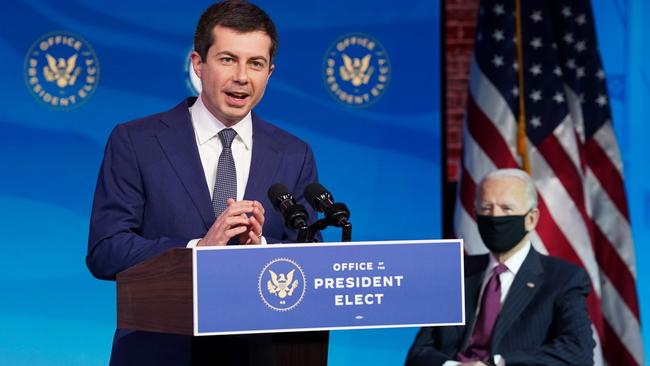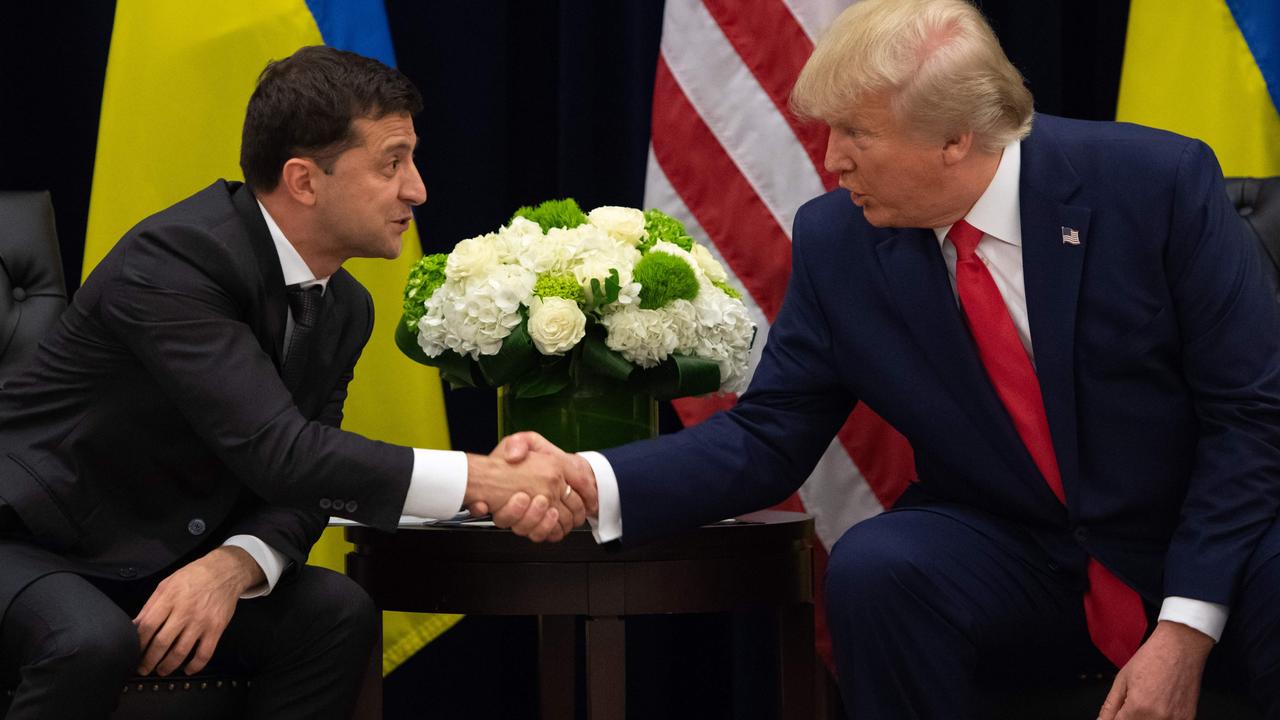Joe Biden’s Cabinet choices show Democrats in the grip of identity politics
Pete Buttigieg is gifted but his selection for a job for which he has no experience or talent reflects the Democratic Party’s identity obsession.

South Bend, Indiana, is a small post-industrial city in America’s Midwest. While its state is called the “Crossroads of America”, the place itself is no one’s idea of a transportation hub. It has 18 bus routes and a total of 60 buses; its roads have been notoriously potholed for years. Efforts at improvement have been desultory and not especially successful.
The city is unusual in having several roundabouts. These baffle most Americans, interfering as they do with the national penchant for bold directional clarity, rather than the awkward “should I stay or should I go?” ambiguity that European motorists are accustomed to.
But this week the man responsible for directing traffic in this ordinary intersection of middle America was picked by Joe Biden to run the nation’s department of transportation. He’ll be in charge of 55,000 staff developing, regulating and, in the words of Biden’s campaign slogan, “building back better” the nation’s interstate highways, air travel and railroad network.
Pete Buttigieg, the former mayor of South Bend who ran unsuccessfully but memorably for the Democratic nomination against Biden earlier this year, hadn’t been widely tipped for the job. A clever, internationally educated and ambitious politician who worked as a McKinsey management consultant and served two terms in the military in Afghanistan, he was hoping for the limelight of the ambassadorship to the UN. But Biden had other people with more pressing calls on that job and so nominated Buttigieg for transportation.
It was clear from the announcement ceremony on Thursday AEDT why Buttigieg got the job. It wasn’t because the Biden team had been impressed by all those roundabouts or the punctuality of South Bend bus services. While the president-elect declared that Buttigieg was “one of the smartest people you’ll ever meet and one of the most humble”, it was his status as America’s first openly gay cabinet member that merited attention and indeed seems to be the main reason he’s been put in charge of the nation’s travel network.
Buttigieg dwelt at length, in moving terms, on the historic importance of the moment and how he had watched in wonder at previous landmarks in the advance of gay Americans to acceptance and power. Then, mindful of the need to demonstrate some aptitude or at least affinity for his new task, he spoke about his love for public transport since he was a child. He noted that he had proposed to his now husband in the terminal at Chicago O’Hare International Airport.
Buttigieg is gifted and will doubtless rise much higher in American politics. But his selection for a job for which he has no experience or talent reflects the Democratic Party’s insistence on making identity the defining criterion by which people, politics and society must be judged.
Every week the president-elect’s team announces some new first in a cabinet role: the first woman treasury secretary, the first black ambassador to the UN (the likely reason Buttigieg was passed over for that job), the first Hispanic to run the Department of Health and Human Services. The need to ensure ethnic, gender and sexual orientation diversity, among others, has meant hammering some square pegs into some round holes.
Buttigieg’s airport engagement story isn’t the only example of someone with questionable credentials getting a big job. Susan Rice, a senior figure in the Democratic foreign policy establishment, a black woman with a career’s worth of international experience, has been curiously selected to be the head of domestic policy at the White House. Xavier Becerra, attorney-general of California and an aggressively progressive lawyer with no known expertise in health policy, has been nominated as health and human services secretary, charged with leading the Biden administration’s response to COVID-19. Becerra is Hispanic and Hispanic interest groups in the Democratic Party had demanded that several cabinet positions go to people of that ethnicity. Becerra’s predecessor, by the way, as California’s top law enforcement official was Kamala Harris, who will be the first woman and the first ethnic-minority American to be vice-president.
It’s no surprise to learn that the left is in the grip of identity politics. But it is striking that Biden has embraced it so wholeheartedly. The president-elect won the Democratic nomination in large part because he stood out from a field of progressives who appealed to the party’s cultural radicals. Biden emphasised his appeal to white working-class voters, especially traditional Democrats who had abandoned the party for Donald Trump.
But since the election it seems the Democrats remain wedded to the view that ethnic, gender or cultural identity is the biggest factor in how the public votes. And yet evidence from the election itself suggests that idea is outmoded. Even as he was denounced as a bigot for not following the culturally dominant nostrums about race and gender, Trump made significant inroads into Democratic majorities among key ethnic groups — especially Hispanics, blacks and Asian-Americans.
So Biden’s delicately constructed cabinet might well be judged more on what it achieves than what it looks like. That is, surely, progress.
The Times



